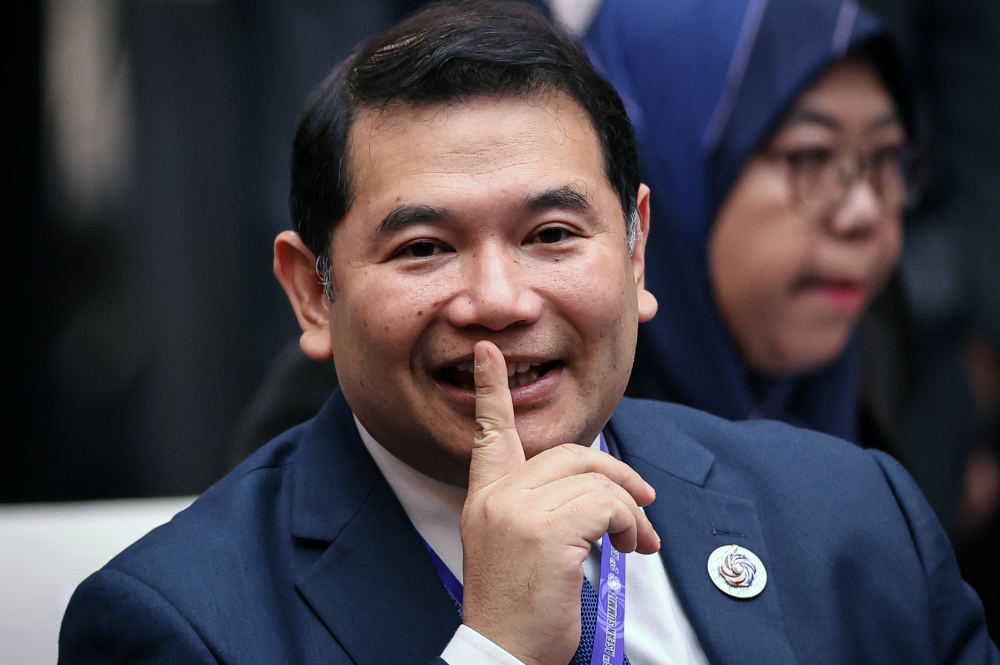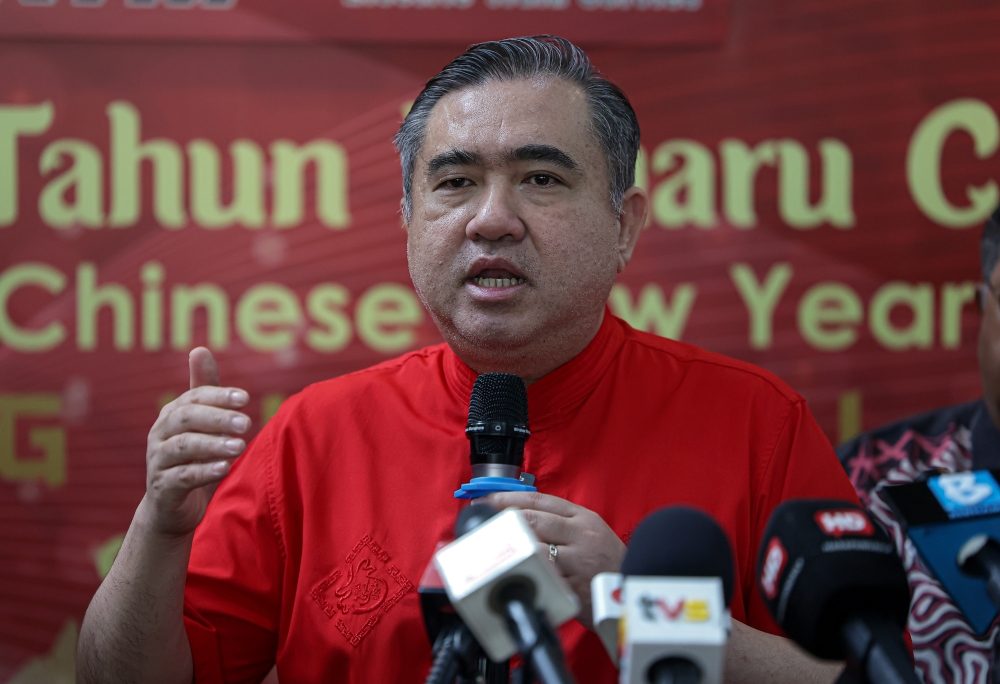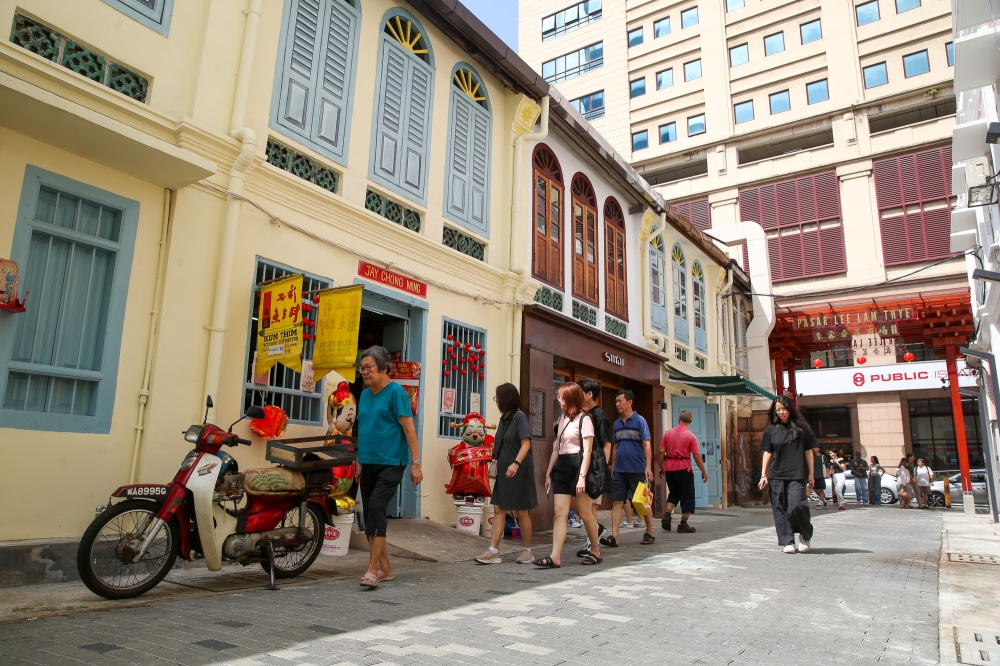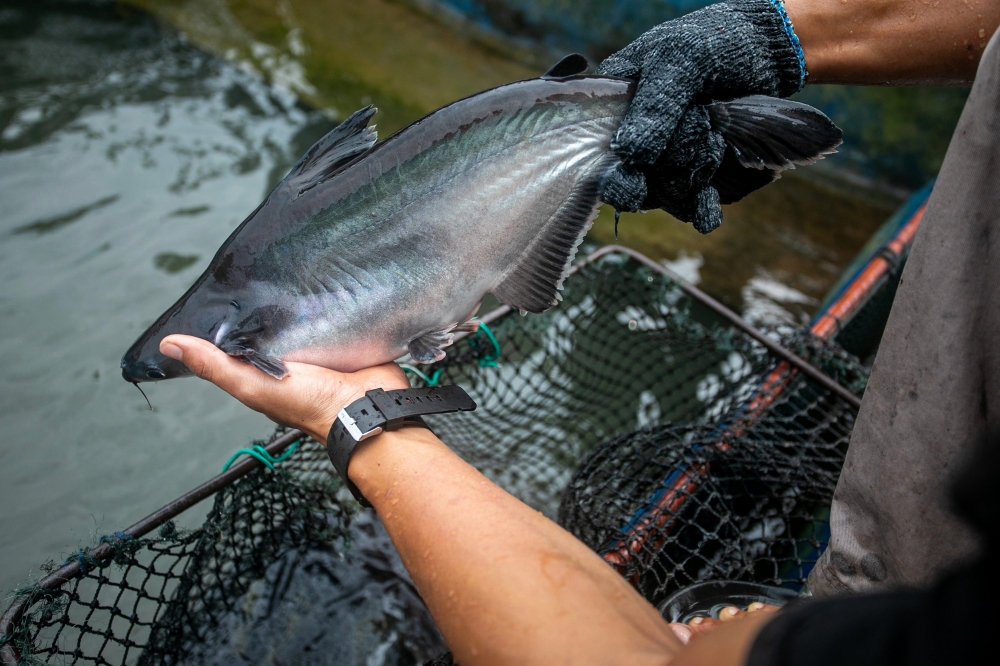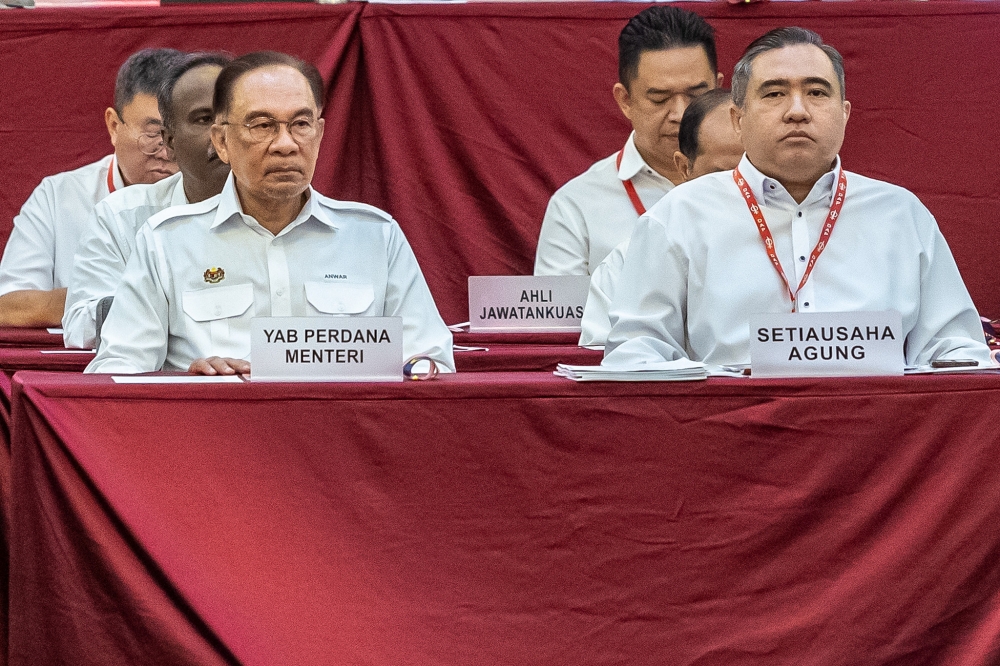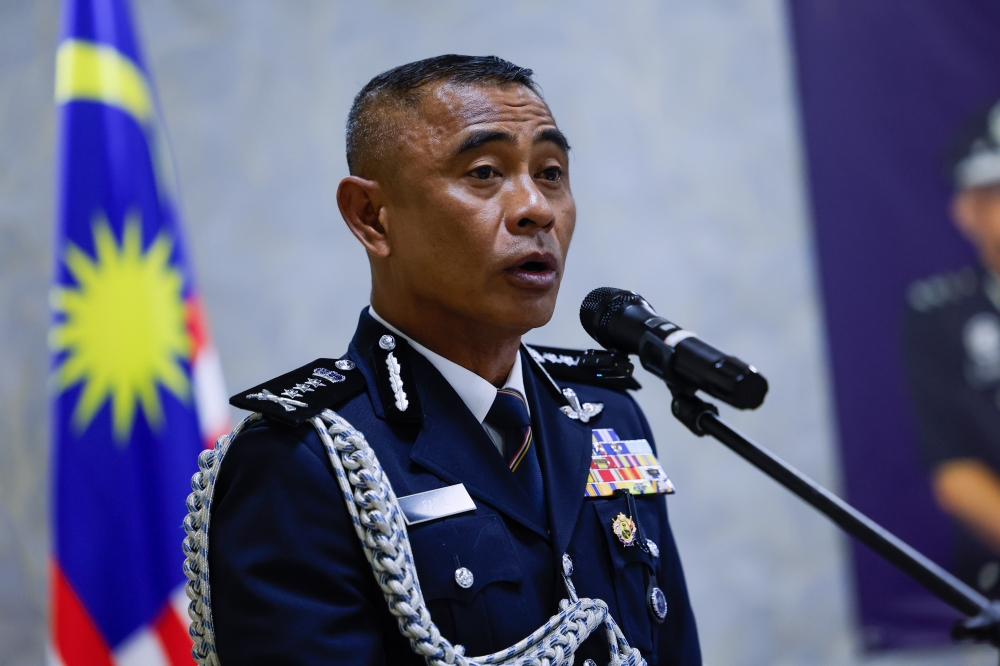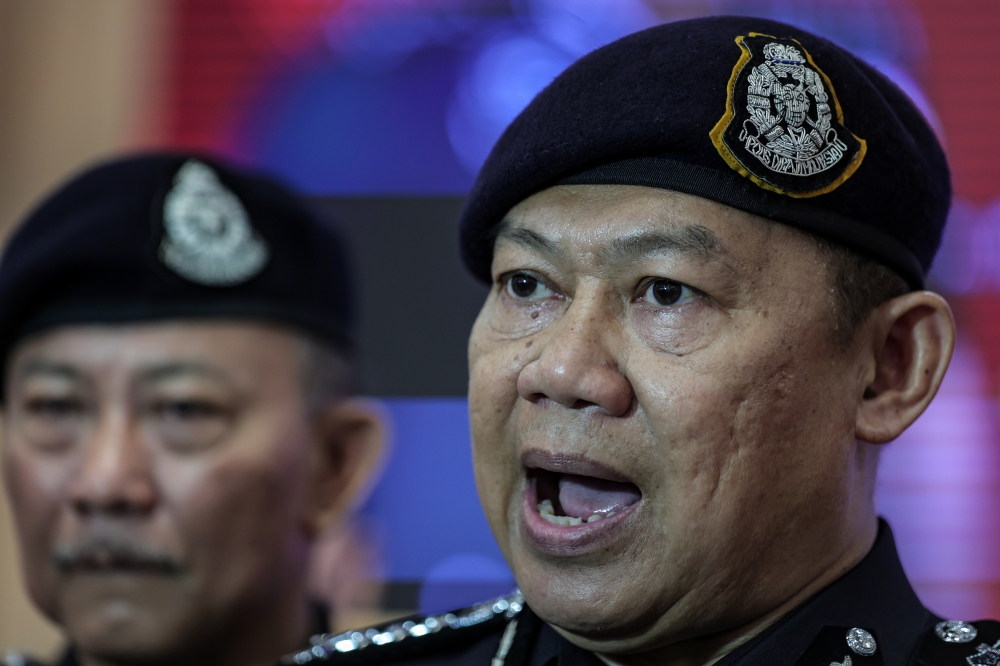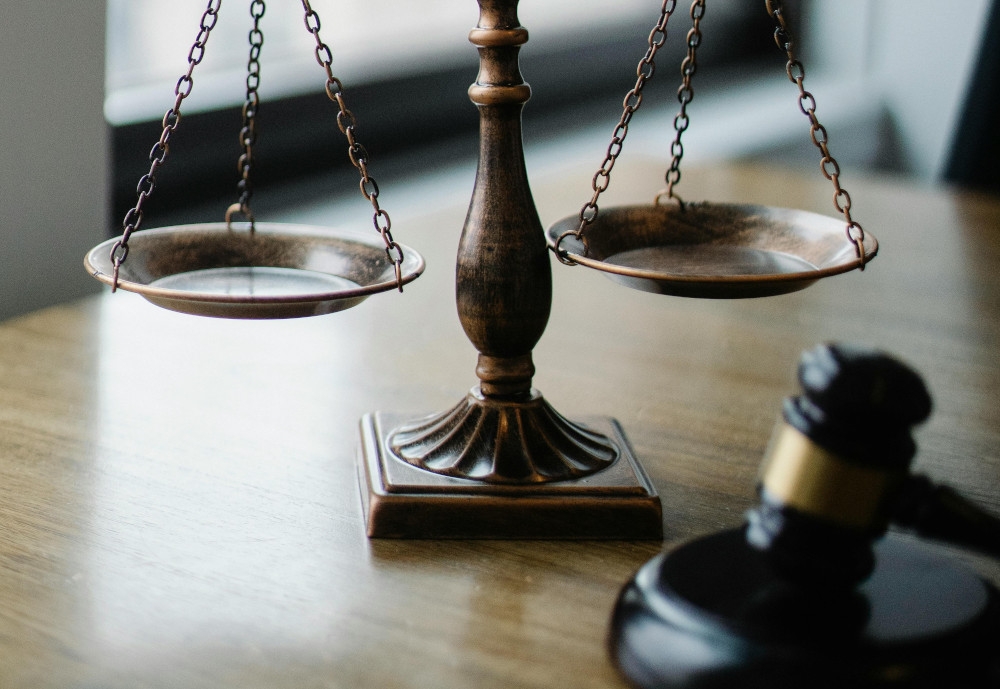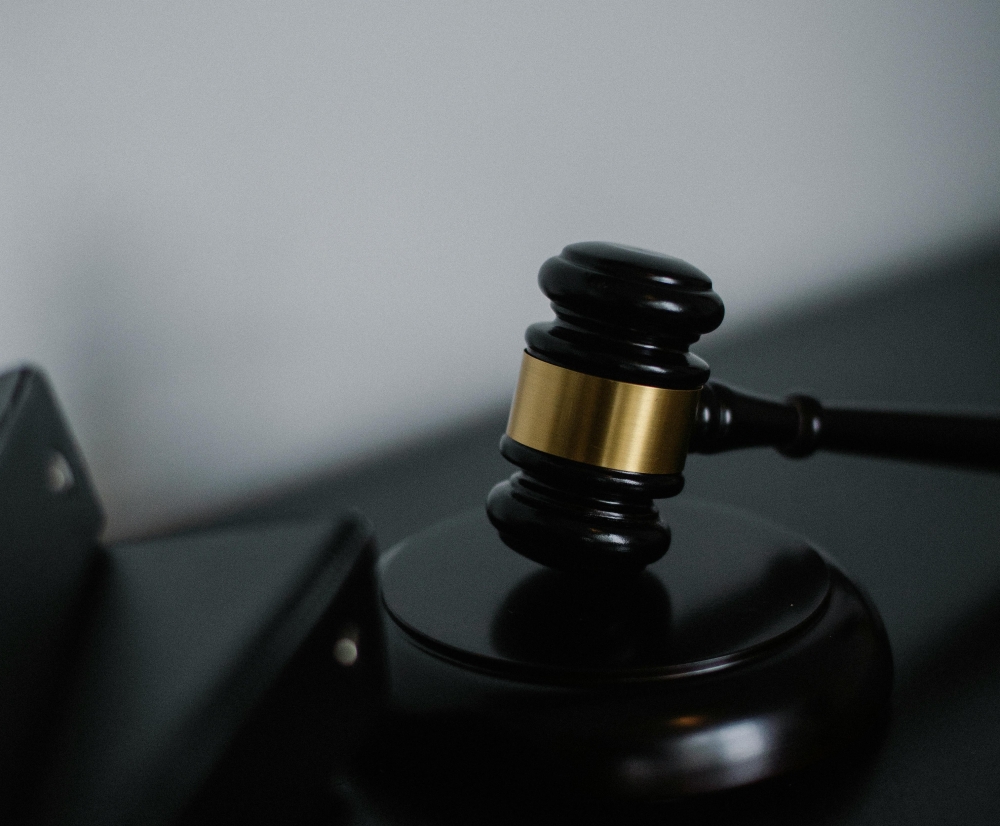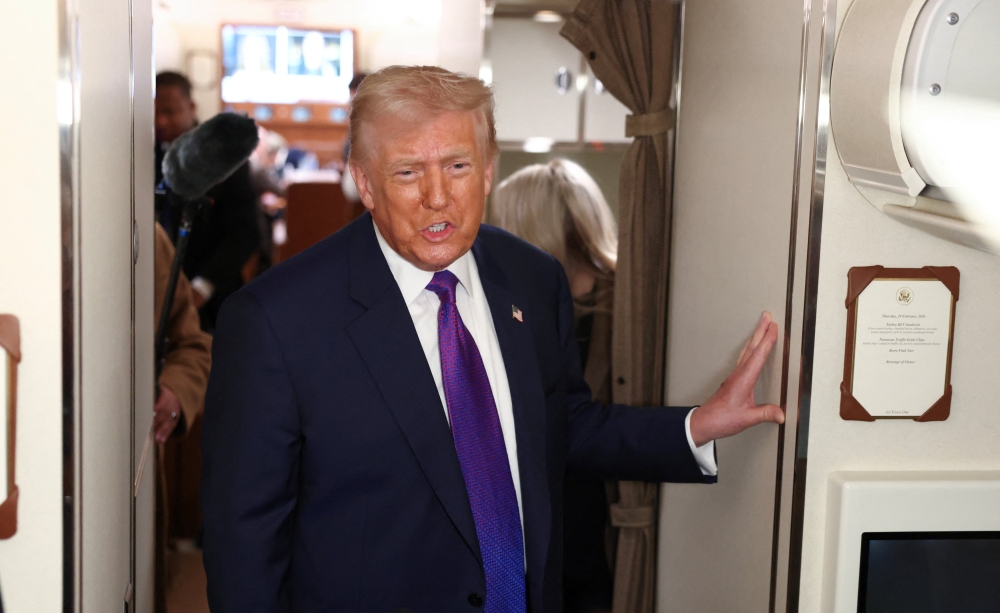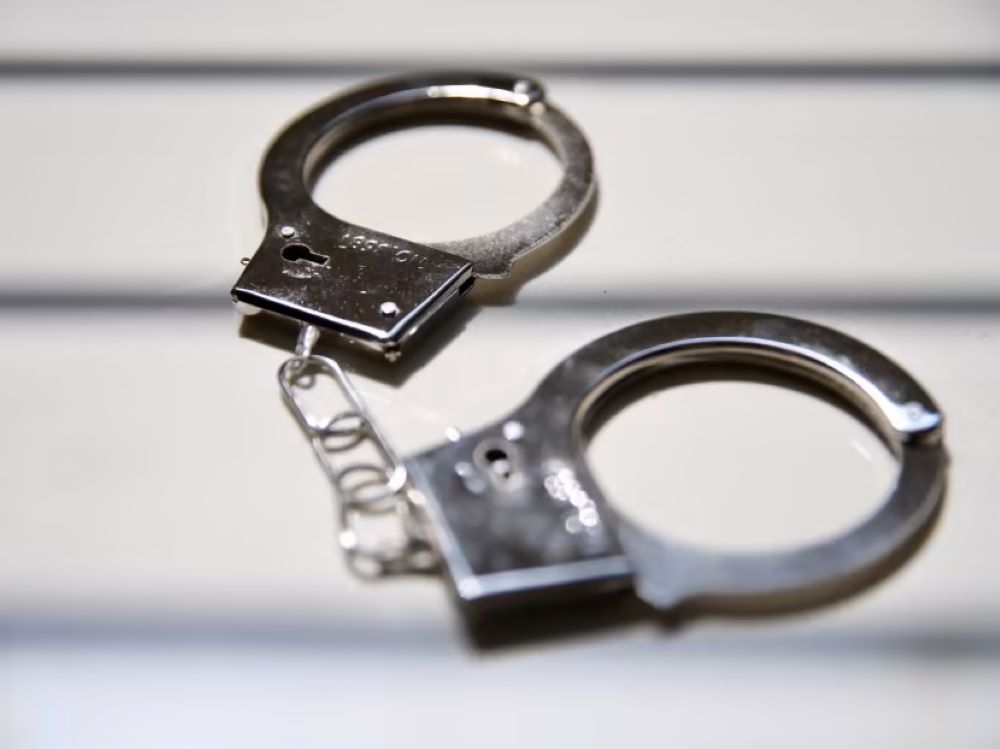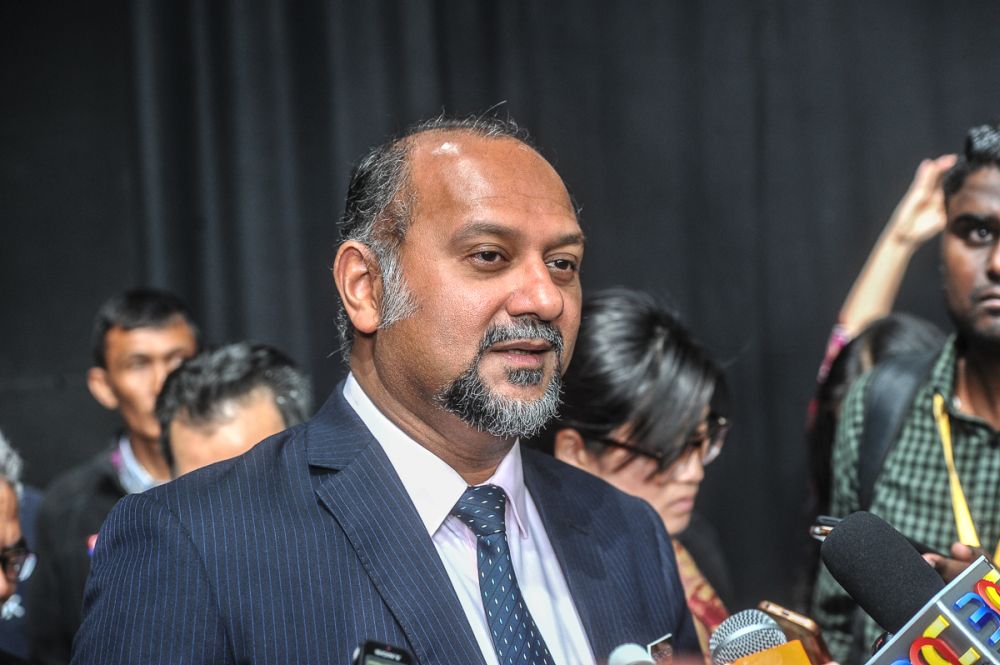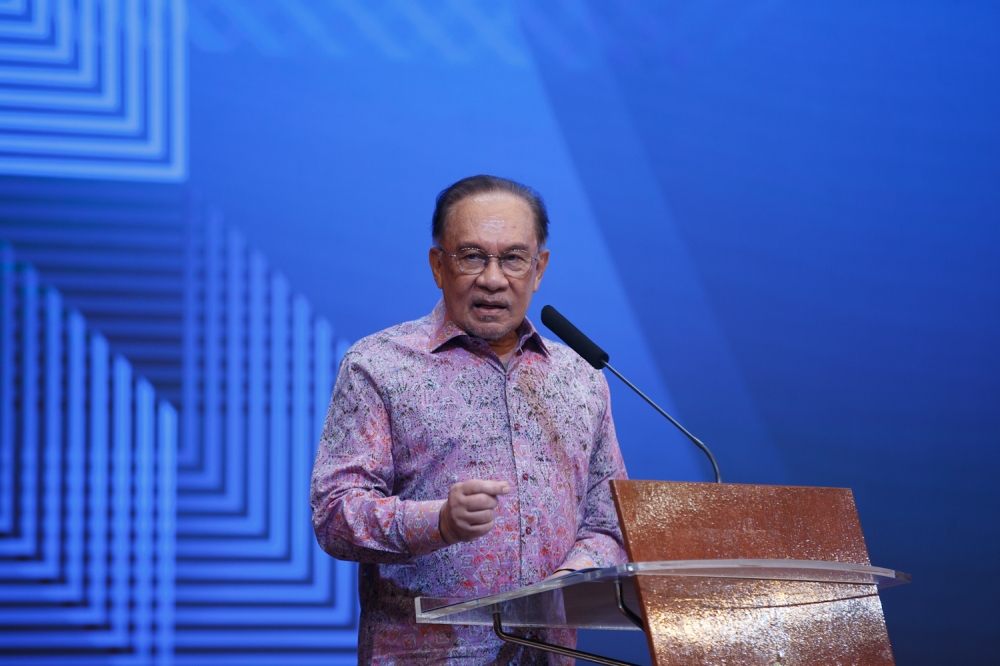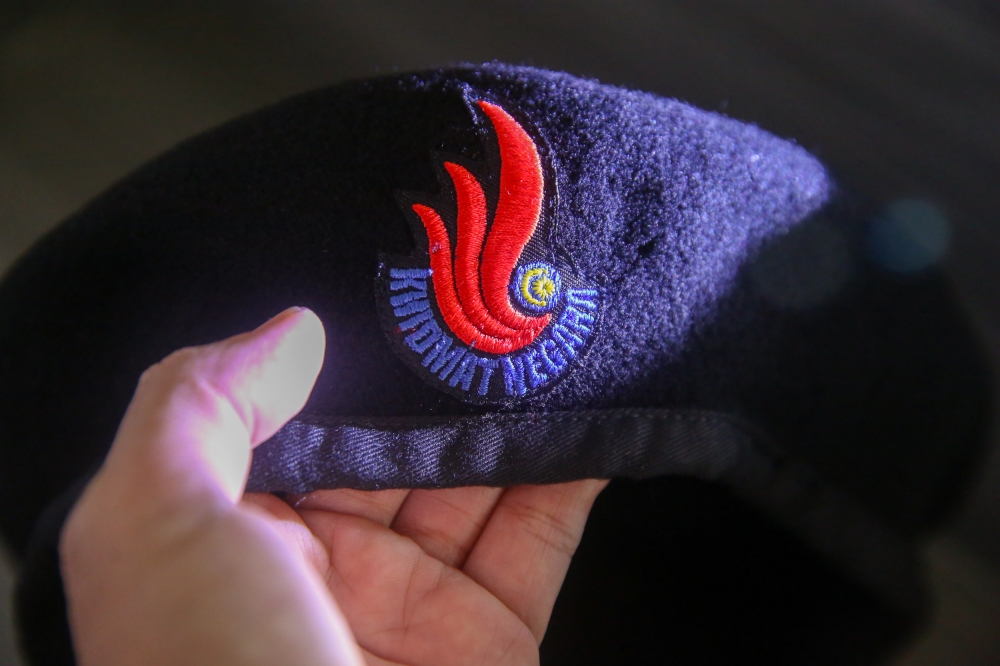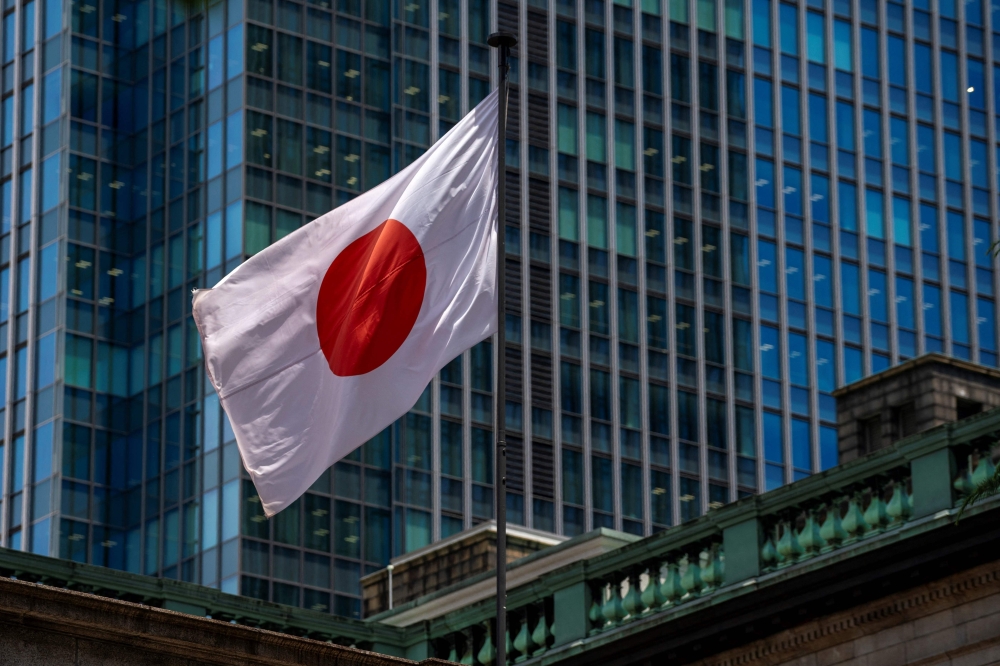KUALA LUMPUR, Oct 6 — Minister Gobind Singh Deo has that studies are ongoing to possibly review various laws on internet regulation and to protect personal data.
In an interview with local daily The Star, the communications and multimedia minister said he will propose a parliamentary select committee relating to misuse of the Internet when Dewan Rakyat reconvenes.
Gobind said the Communications and Multimedia Act 1998 (CMA) was still required as it gives the Malaysian Communications and Multimedia Commission (MCMC) the necessary legal powers to carry out investigations.
He noted that the MCMC helped the police with technical aspects of a complaint, such as verifying Facebook accounts, which enable the latter to complete its own investigations.
“We're not going to repeal the whole CMA but Section 233 is too wide,” he said when speaking of the need to review the CMA holistically and when noting that his ministry is awaiting the Home Ministry's proposals on the Penal Code.
“The Home Ministry is looking to see how we can amend the Penal Code so that we have provisions in it that deal with problems related to electronic media use,” he said, noting that his ministry will then be able to tighten the CMA's provisions.
Section 233 of the CMA criminalises the improper use of network facilities or network service to make communications that are considered “offensive” with the intent to “annoy” another person, punishable with maximum one-year jail, or a fine not exceeding RM50,000, or both.
Section 233 has been criticised due to its potential for misuse and abuse to stifle political dissent such as against detractors of Datuk Seri Najib Razak when he was prime minister, and Gobind had last September spoke of plans to review the provision to prevent arbitrary prosecution by requiring “proof of intent” before a statement can be considered offensive.
In the same interview with The Star, Gobind said he is currently still collecting views on the issue of fake news, such as whether a mere factual error alone can be classified as a crime.
“So to classify fake news as being criminal per se, is to take it too far but if one can show that a particular statement was made and a particular fact was alluded to, knowing full well that it is incorrect, with intent to cause public disorder, offend religious sensitivities or affect national security, then the question is whether a criminal offence has been committed,” he said when noting that various views are still being sought on this matter.
Gobind also told The Star that his ministry's Personal Data Protection Department is conducting a review of the local law, and that the EU's General Data Protection Regulations will be looked at together with recommendations by stakeholders before Malaysia comes up with its own model.
"There'll be an amendment and improvement of the current Act," he said, adding that the changes to the Personal Data Protection Act 2010 is something that can be expected in Parliament by mid-2020.
Gobind said that he had made it a point to ensure as far as possible that it is the media itself who sets up a media council, adding that he was reluctant to put up any suggestions until he received feedback from media representatives in a group put together by the Prime Minister's Office's media and communications adviser Datuk A. Kadir Jasin.
“This group came up with various proposals that were detailed and were very good. It gave an overview of what needs to be done in terms of structure, how the council would operate, funding, laws that would need to be amended and repealed, and dispute mechanisms — which is a very important because that's a major part that the council has to look into.
“Hopefully, by this month, I will be able to present the paper to the Cabinet, and with their views set up a pro tem committee, get everyone together and move ahead with it by the end of the year,” he was quoted saying by The Star.

